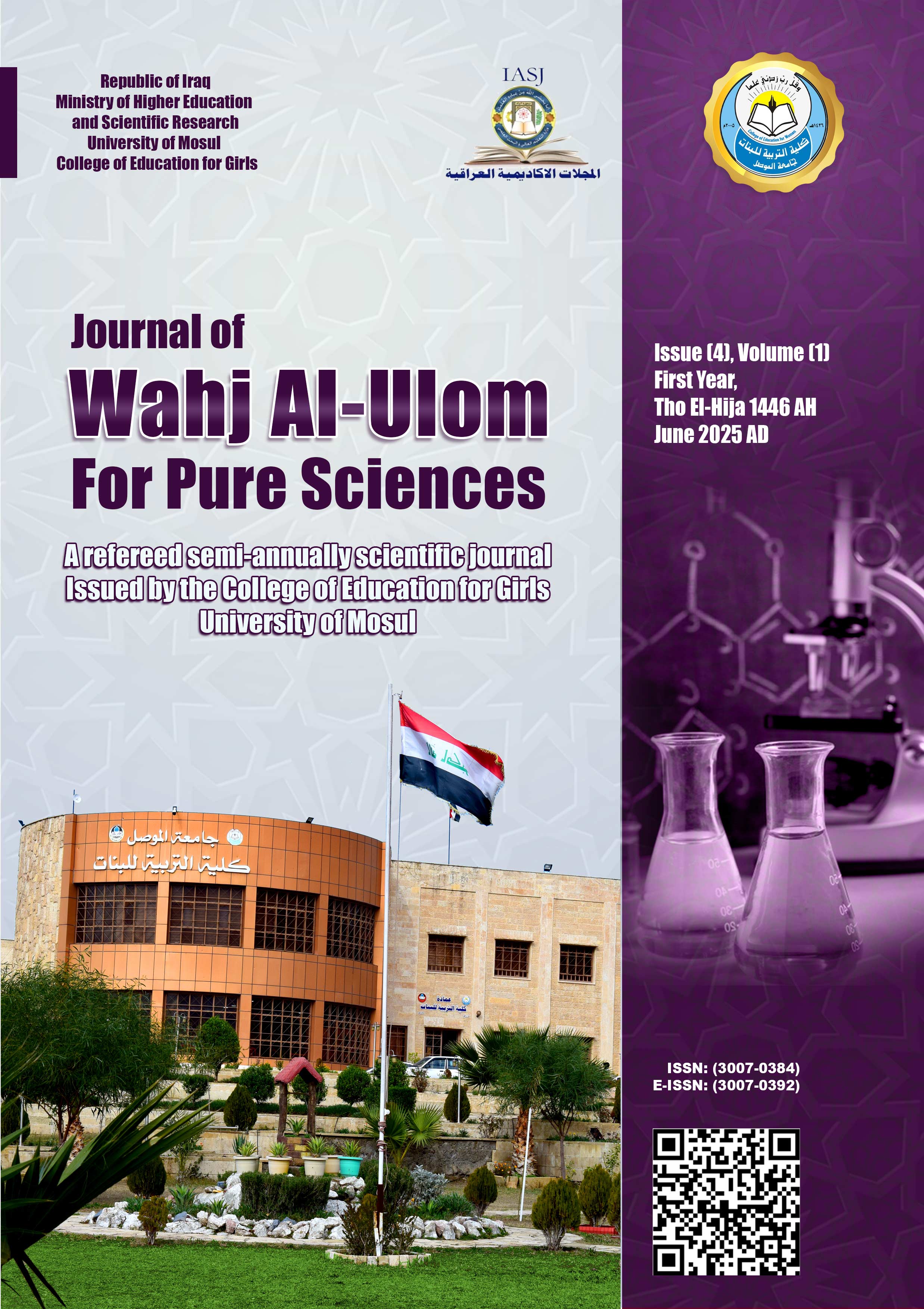The physiological role of Indoleamine 2,3Dioxygenase and its relationship with obesity in patients with chronic renal failure in Nineveh Governorate
Issue
Vol. 1 No. 1 (2024)Published
Aug 19, 2025Abstract
The study included the determination of Indoleamine 2,3-dioxygenase (IDO) conc. with other parameters in patients of chronic renal failure (CRF) treated with hemodialysis and comparing with control cases, after separation of serum from blood samples IDO level has been determined in the serum and the conc. of urea, creatinine, Potassium, sodium, glucose, total cholesterol, triglycerides, low-density lipoprotein-cholesterol (LDL-C), high-density lipoprotein-cholesterol (HDL-C), very low-density lipoproteincholesterol (VLDL-C), vitamin D, total protein, and GFR value in two groups. The results have been showing that the conc. of IDO in control cases (4.74 ±1.53 ng/ml) and IDO conc. significantly increased in patients compared with the healthy control. It has been found that the level of IDO increased significantly with age and non-smokers CRF patients and control
cases. IDO conc. significantly showed an increment with BMI increasing in the two groups. the level of urea, creatinine, Potassium, and glucose showed a significant increase while sodium, total cholesterol, HDL-C, LDL-C, vitamin D, total protein, and GFR values showed a significant decrease in patients compared to control cases. By using linear regression analysis (Pearson correlation coefficient) the results showed a positive correlation between IDO and urea, creatinine, and triglycerides and a negative correlation with total cholesterol.


